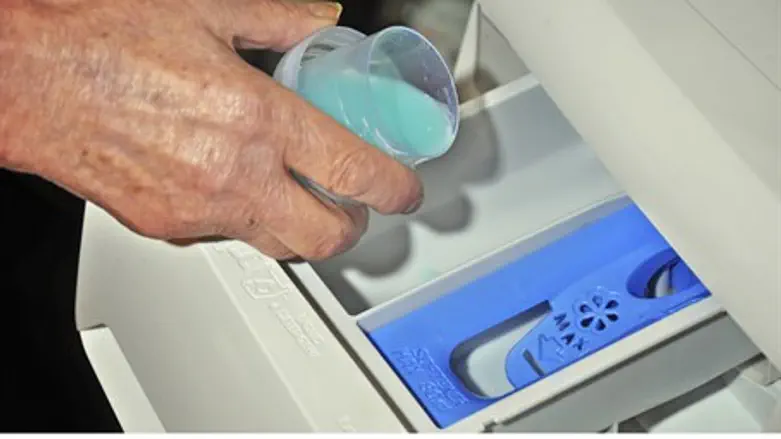
Procter & Gamble has apologized for "any false connotations" after stirring anger in Germany for unintentionally placing a neo-Nazi code on promotional packages for its Ariel laundry detergent, The Associated Press (AP) reports.
According to the report, outraged shoppers had posted pictures online of Ariel powder boxes featuring a white soccer jersey with a large number "88."
88 is a sensitive number because far-right extremists in Germany often use it as a code to skirt a ban on the use of Nazi slogans in public. Since "H'' is the eighth letter of the alphabet, "88" represents the phrase "Heil Hitler." Similarly, "18" is used to stand for "A.H." or Adolf Hitler.
Procter & Gamble acknowledged Friday that the number was "unintentionally ambiguous."
"We very much regret if there are any false associations and distance ourselves clearly from any far-right ideology," company spokeswoman Gabi Hassig said in a statement quoted by AP.
The number "88" was intended to show how many loads of laundry buyers would be able to do with one package, Hassig explained.
She added that Procter & Gamble has stopped shipping the offending powder, as well as a liquid detergent that was being promoted as "Ariel 18."
Last year, U.S.-based JC Penney’s department store had to issue a clarification after it appeared to be selling a teapot which some claimed resembles Adolf Hitler.
The controversy started last Memorial Day weekend, when a Southern California commuter posted a photo of a billboard featuring the teapot, claiming that when blurred, the photo of the teapot resembled Hitler.
The retailer later explained over Twitter that the teakettle’s resemblance to the man responsible for the Holocaust was unintentional.
In November, online auction site eBay came under fire after the British Daily Mail discovered it was profiting from a trade in Holocaust memorabilia.
Items for sale included the clothes of concentration camp victims. Among dozens of souvenirs on offer last week was a striped uniform thought to have belonged to a Polish baker who died in Auschwitz.
Within hours of being alerted to the item by the newspaper, eBay removed it from sale.
(Arutz Sheva’s North American Desk is keeping you updated until the start of Shabbat in New York. The time posted automatically on all Arutz Sheva articles, however, is Israeli time.)